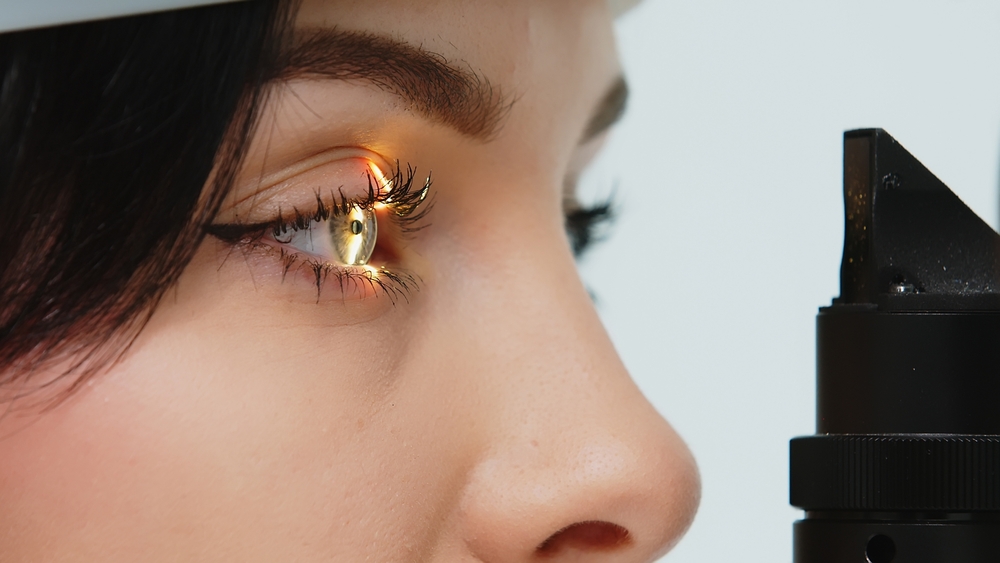
When it comes to your vision, staying informed and vigilant can make all the difference. Glaucoma tends to sneak up without warning, and if left unchecked, can lead to irreversible damage.
Understanding the Causes of Glaucoma
Inside your eye, a clear fluid called aqueous humor circulates. This fluid must maintain a delicate balance to keep the eye pressure stable. Glaucoma often arises when there's a hiccup in this system, and the fluid doesn't drain properly, leading to increased pressure that can damage the optic nerve.
A variety of factors can contribute. Certain medical conditions, like high blood pressure or diabetes, can increase your risk. The same goes for a family history of the condition. Age is another significant factor as it is more common as you get older. Additionally, severe eye injuries, thin corneas, and prolonged use of corticosteroid medications could all elevate your likelihood of developing glaucoma.
There are two primary forms: open-angle and angle-closure. Open-angle glaucoma, the most common type, happens gradually as the eye's drainage canals become clogged over time. Angle-closure glaucoma, although less common, is a medical emergency and can develop quickly when the iris is too close to the drainage angle in your eye, blocking it off.
How to Spot Early Symptoms of Glaucoma
Recognizing the early symptoms of glaucoma can be challenging, considering the most common form, open-angle glaucoma, often presents no pain or noticeable vision loss until the disease has progressed. However, some subtle signs can hint at the onset of glaucoma, and being mindful of these can help you seek treatment sooner.
One of the first signs you might notice is a loss of peripheral vision. This might not be obvious at first, and you may unconsciously compensate by turning your head to the side when looking at something. Another potential symptom is seeing halos around lights, which can be especially apparent at night or when looking at bright lights. Blurred vision, difficulty adjusting to darkness, or noticing that colors seem washed out or less vibrant can also be indicators.
In the rarer case of acute angle-closure glaucoma, symptoms are more dramatic and can include severe eye pain, nausea and vomiting (often accompanied by severe eye pain), sudden onset of visual disturbance, especially in low light, blurring of vision, halos around lights, and reddening of the eye. If you experience these symptoms, it's critical to seek immediate medical attention as this form of glaucoma can cause rapid vision loss.
Regular eye exams are your best defense in identifying glaucoma early on. An optometrist can perform several tests to measure your intraocular pressure, inspect the drainage angle of your eye, assess any nerve damage, and test your field of vision. These assessments are painless and can detect glaucoma before you even notice any problems.
The Importance of Early Detection and Intervention
When it comes to glaucoma, the earlier it is identified, the more options you have for treatment and the better your chances are of halting further vision loss. Treatment can take various forms, including prescription eye drops, oral medications, laser therapy, or surgery, depending on the severity and type of glaucoma.
Early intervention is key because the damage caused by glaucoma can't be reversed. But with prompt treatment, you can lower the pressure in your eye and prevent additional loss of sight. Consistent treatment, along with regular check-ups, can help manage the condition effectively. It's also beneficial to be proactive about your eye health by maintaining a healthy lifestyle, protecting your eyes from injury, and being aware of your family's eye health history.
Safeguarding Your Vision
To safeguard your vision against the silent threat of glaucoma, it's imperative to be proactive. Learn about the condition, be attentive to the early symptoms, and prioritize regular eye examinations. While glaucoma can be a formidable foe, understanding its causes and recognizing the signs can empower you to take the necessary steps to protect your eyesight.
If you're due for an eye exam or have concerns about glaucoma, visit Vision Quest Optical at our office in Bay City or Midland, Michigan. Call (989) 778-1414 or (989) 835-2020 to schedule an appointment today.









